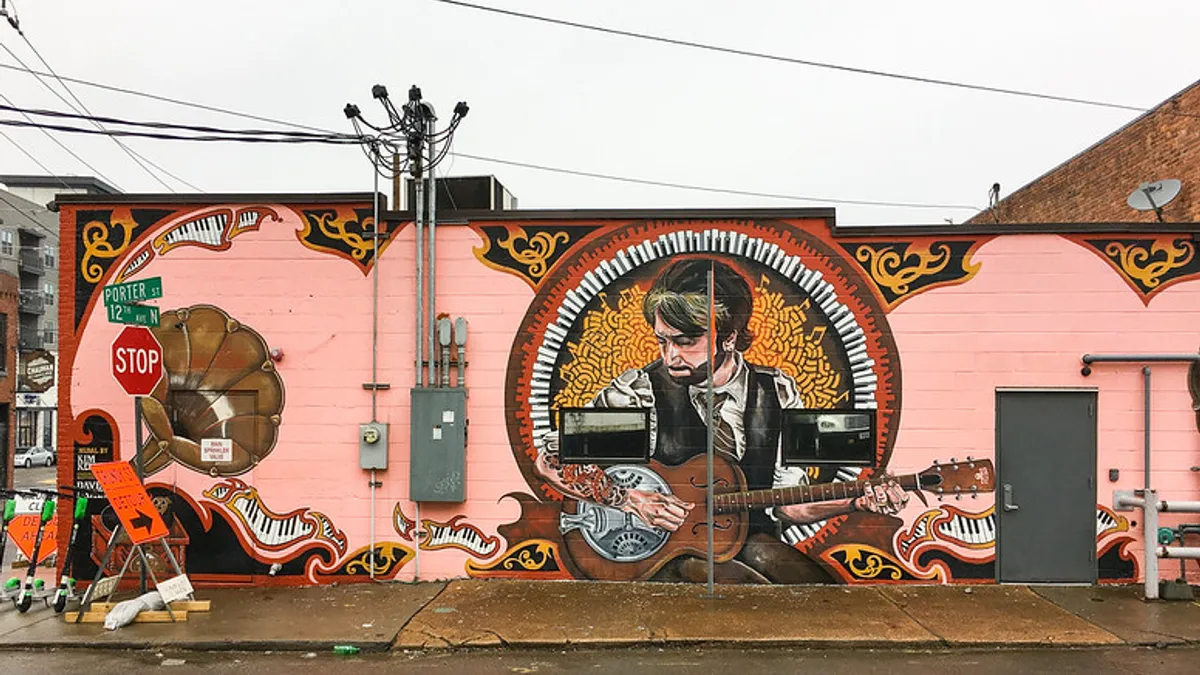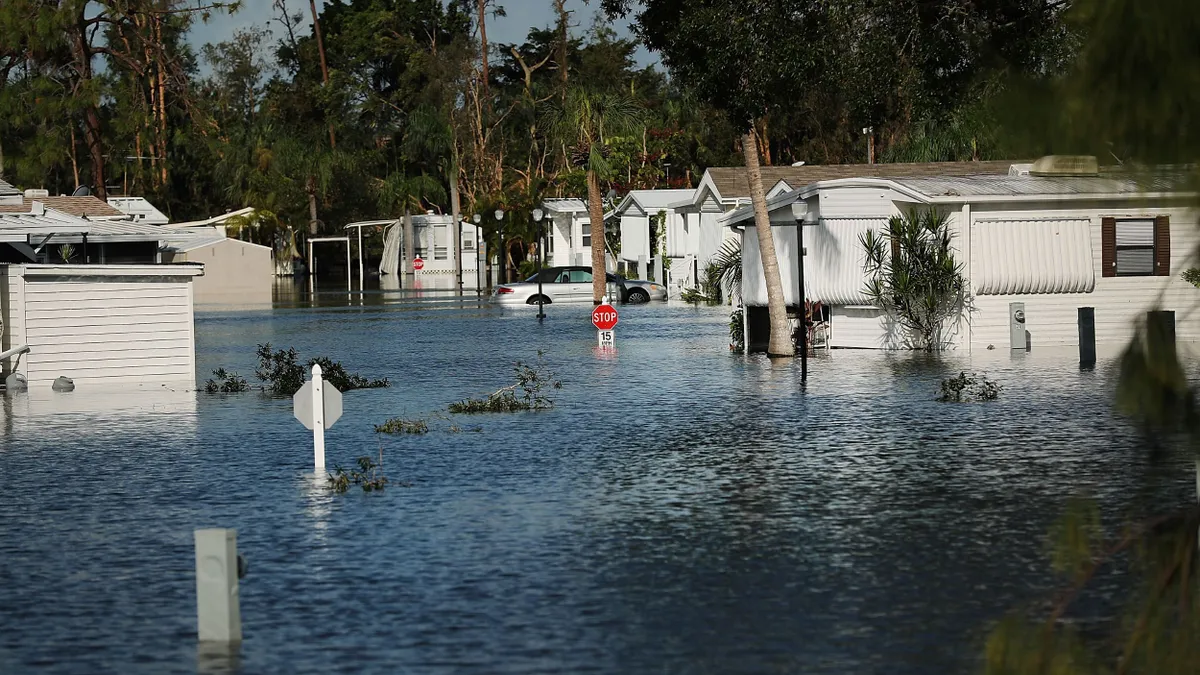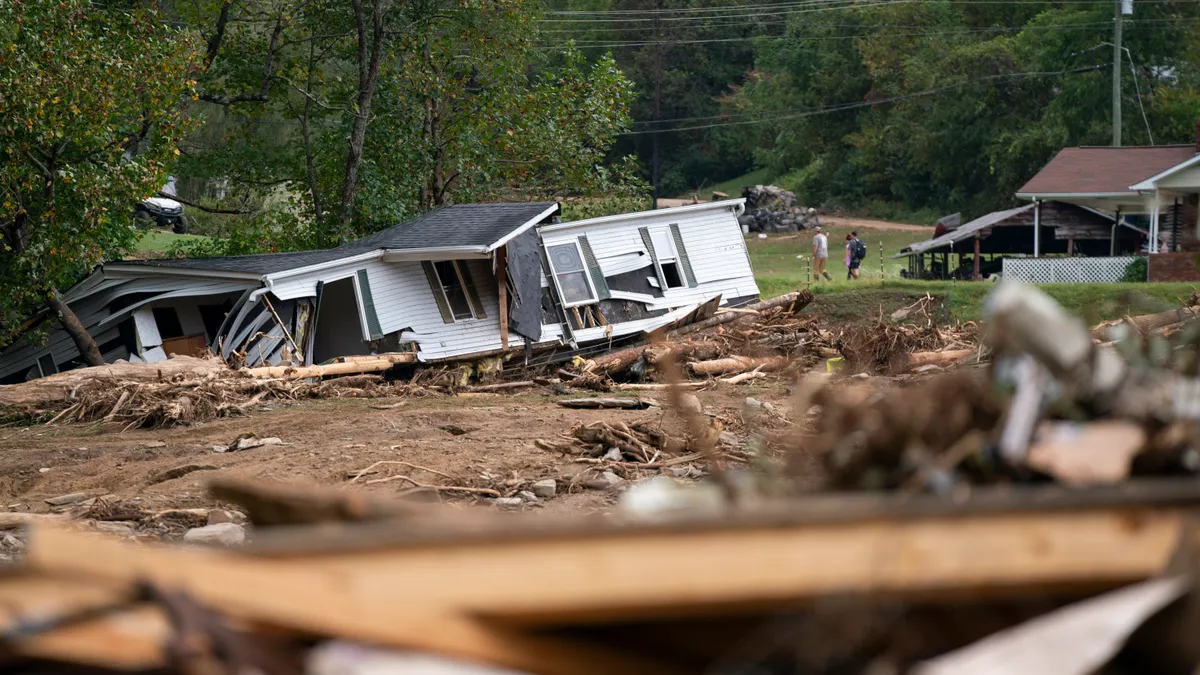Elisheba Israel Mrozik has long decorated Nashville, TN residents and visitors with tattoos out of her parlor, Queen Bee Ink, in the city's Fang neighborhood. Mrozik, who's also a muralist, knew even before the city issued a stay-at-home order on March 22 that she'd have to close up shop; after all, she said, "all we do is get up in people’s personal space, there’s no way for us to function safely."
Mrozik is now stuck waiting for government assistance to come through, but she's keeping herself busy artistically. The tattoo artist and painter is seeking an emergency grant from Nashville’s Metro Arts department, which announced $50,000 in funding for artists who create a project for the city. Israel would use this money to design a coloring and activity book that families could print at home, or have distributed with school lunch deliveries.
For Mrozik, the grant is more than just a safety net: it's a way to save the kind of business she thinks Nashville needs. "Art is essential to our culture, even if it’s not an essential business," she said. "Without art bringing us together, especially in this period of social isolation, it would be a pretty bad place."
Small businesses are a crucial part of any city’s economy, accounting for 44% of all U.S. economic activity. They also enrich the unique culture and spirit vital to attract residents and visitors to hotspots like Nashville. Amid stay-at-home orders and the economic fallout from the coronavirus pandemic, cities have stepped in to help small businesses, artists and other cultural groups stay afloat. Some have enacted policies like rent forgiveness, while others have created direct assistance through loans and grants, acting as a bridge to larger federal stimulus payments.
"Not every city is going to compete for an HQ2," Jenn Steinfeld, director of entrepreneurship and economic development for the National League of Cities, told Smart Cities Dive. She explained that, for some cities, the cultural offerings of a city are just as beneficial.
"The restaurants and shops that employ from the community and invest in staying put in the community help make [some cities] what they are," she said.
'Stabilizing' small businesses
Because small businesses tend to have limited cash on hand, they’re particularly vulnerable to the sustained economic slowdown from shelter-in-place orders — which the federal government recognized in its most recent federal stimulus package.
The $2 trillion Coronavirus Aid, Relief, and Economic Security (CARES) Act that passed through Congress in March offered a $350 billion Paycheck Protection Program through the Small Business Association (SBA) to help businesses pay employees and expenses during the pandemic. The White House has pushed another $250 billion for that program, but it has been held up in Congress as Democrats seek additional aid for hospitals and state and local governments.
For cities, that recovery could be crucial. A report from the Initiative for a Competitive Inner City (ICIC) found that businesses with less than 250 employees accounted for more than half of the jobs in 10 major cities, and created an even greater share in distressed inner-city neighborhoods.
"We want our sustainable small business ecosystems creating wealth," ICIC CEO Steve Grossman told Smart Cities Dive. "It’s good social policy and it’s good economic policy to have all communities sustainable growing and healthy. When you have the reverse, it’s magnified in these inner city communities."
Cities don’t have the trillions that the federal government can offer, but they can act quicker and in a more targeted way. Portland, OR, for example, set aside $2.4 million for grants and loans to be distributed through Prosper Portland, the city’s economic and urban development agency. Businesses with $5 million or less in annual gross revenue were eligible for zero-interest loans of up to $50,000 or grants of up to $10,000 if the pandemic hurt their business.
Tory Campbell, director of economic development for Prosper Portland, said the grants are meant to "stabilize" businesses while the details of the federal plan become clear.
"In a car accident, a person might have broken bones or internal bleeding, but the first thing you’re supposed to do is stabilize their neck," Campbell said. "Our fund is like that. It’s not the whole of what they need, it’s to give them two or three weeks while they figure out what’s next."
Within a week, 8,777 eligible businesses had applied to the grants from Prosper Portland, of which 235 were awarded funds. In an interview before the selection was complete, Campbell said a priority would be to preserve Portland's "unique ethos and character." In order to help businesses that have traditionally not had access to banking and support networks, the city also worked to prioritize minority business owners; according to city data, 57% of the funds went to businesses owned by women, 26% to African American-owned businesses, 19% to Asian American businesses and 21% to Latinx businesses.
The city also extended $140,000 in emergency grants to Asian American-owned businesses to support the Jade District, which saw declines in business as early as December because of "misplaced fear and xenophobia," according to the Asian Pacific American Network of Oregon.
Likewise, Berkeley, CA approved an emergency $3 million relief grant program last month for small businesses, nonprofit arts organizations and worker support, which the city hopes to match through donations. As the city reviews grant applications, Jordan Klein, the city’s economic development manager, said it will consider businesses owned by minorities and people with low incomes, as well as businesses that are not part of a chain, legacy businesses and worker-owned cooperatives.
"This is one of the original homes of the slow food movement, we have a lot of restaurants and markets and businesses that define our culture," Klein said. "That’s absolutely informed the creation of the Berkeley Relief Fund."
The federal SBA relief has been slow to reach businesses, in part because it must run through private banks. Independent restaurant groups have cautioned that restrictions on the loans may leave them out of the program, and there’s been confusion over how it would treat gig workers. Once the grants are distributed, Klein said his office will pivot to helping businesses access federal funds, whether by offering assistance with forms or connections to banks.
Service economies take a hit
Recovery efforts also afford cities a chance to reflect on the types of businesses or workers that are unique to them, but may otherwise fall through the cracks. There's been concern that many independent businesses may fail, leaving cities looking more homogenous.
The New Orleans Business Alliance (NOLABA) launched an emergency fund for gig workers — artists, musicians, festival workers and ride-hailing drivers — with a goal of raising half a million dollars through business and philanthropic donations. Quentin Messer, president of NOLABA, said it was an obvious place for his group to step in, even while the city, state and federal government crafted their own plans.
"We know the fragility of a service-oriented economy," Messer said. "It’s not something we consciously think of in New Orleans, it’s just how we see the world. We’re thinking about our entertainers, our feed service workers, our dining industry, our festival workers."
The New Orleans mayor’s office has even launched a virtual "Embrace the Culture" arts program, including a DJ set and screenings from the Black Film Festival of New Orleans.
Because they’re closer to the ground with the business community, cities can play an important role in targeting the people that might otherwise be left out of federal aid packages.
Steven Pedigo, director of the LBJ Urban Lab at the University of Texas, Austin, said cities will have to be nimble to find ways to diversify their economy as they recover from the pandemic. Small businesses will be key, he said, but it leaders will have to give them the support they need, even beyond financial assistance.
"They create the place where we want to live and work and play. Just to get people back on their feet, small businesses will have to do that," Pedigo said. "It will be incumbent on mayors and economic developers to ensure that we create as perfect of conditions as we can, and that includes communicating the importance of getting people back onto the streets and into businesses."
To keep up with all of our coverage on how the new coronavirus is impacting U.S. cities, visit our daily tracker.



















